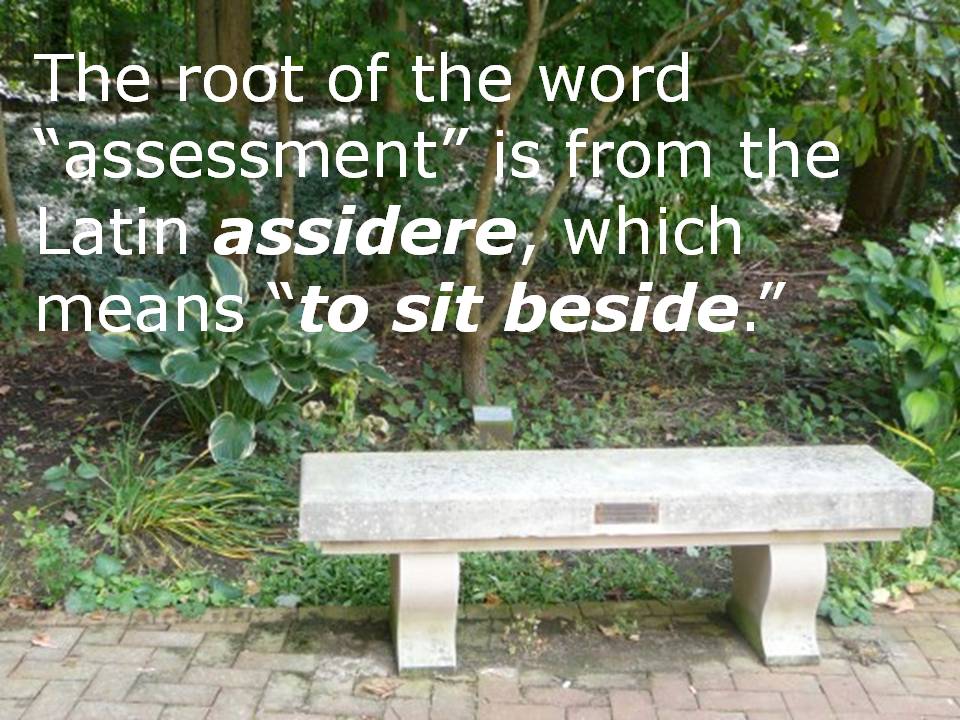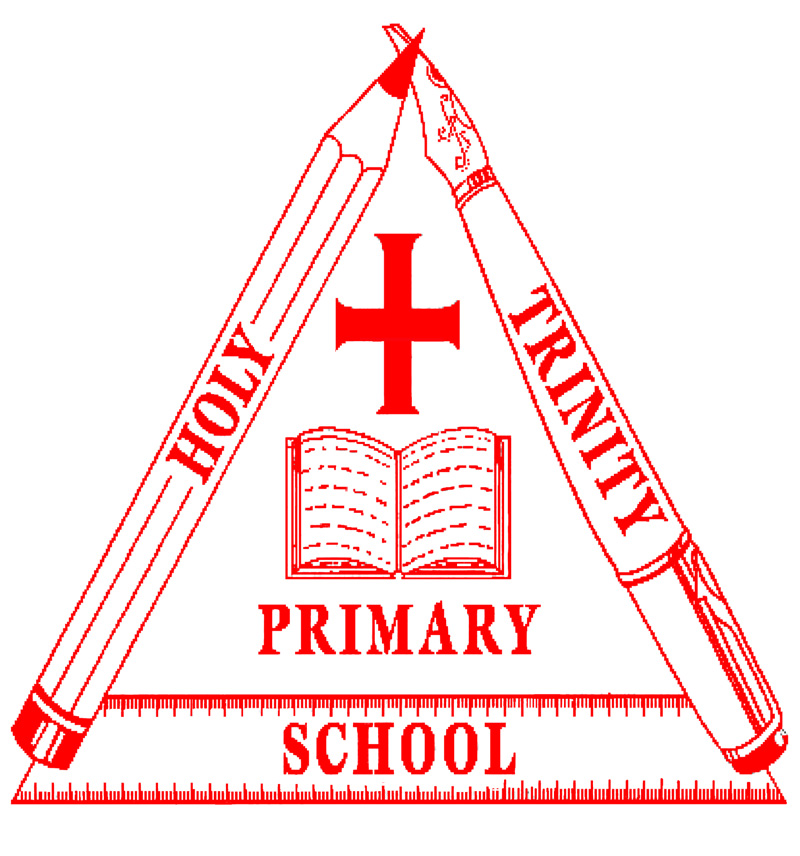Assessment
Definition of assessment

Assessment is the process of obtaining, analysing and interpreting evidence for use by both pupils and teachers to enable the review, planning and improvement of learning. It is fully integrated with in the delivery of the curriculum and is an essential component of effective classroom practice.
Through our on-going assessment at Holy Trinity we aim to:
- Recognise and celebrate all pupils’ achievements
- Help our children understand what they need to do to improve their work (next steps in their learning)
- Plan work that accurately reflects the needs of each child
- Assist with continuity and progression through the school
- Provide regular information to parents that enables them to support their child’s learning
- Provide the leadership team and Governors with information that allows them to make judgements about the effectiveness of teaching, learning and assessment in school
- Define each child's ability: what the child knows, understands and can apply
- Reveal children's strengths and weaknesses
- Ensure early identification of children with SEND/G&T
- Ensure gaps in achievement do not appear between identified groups (FSM/E6, EAL, summer births, children entering school after reception start, boys/girls, etc.)
- Inform future planning and target setting: to ensure continuity and progression in our work with the children.
- Communicate accurate information about the child that is useful to: teachers, pupils, parents, and other educational agencies.
- Comply with statutory requirements.
We use a range of different ongoing, daily, termly and annual assessments to accurately and consistently ensure age related expectations are met for every year group in school.
Our Assessment, Tracking and Reporting policy can be found in 'School Information' - 'Policies'.
Please find information about the changes to the National Curriculum and Assessing without Levels during 2014-2015 how we moved forward in 2015-2016 to now in 2022-2023.
Our booklets, designed to help support parents with the National Curriculum 2014, describing our end of year age related expectations are also below.
If you have any questions, please speak to your child's class teacher for more information.
